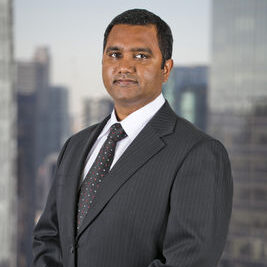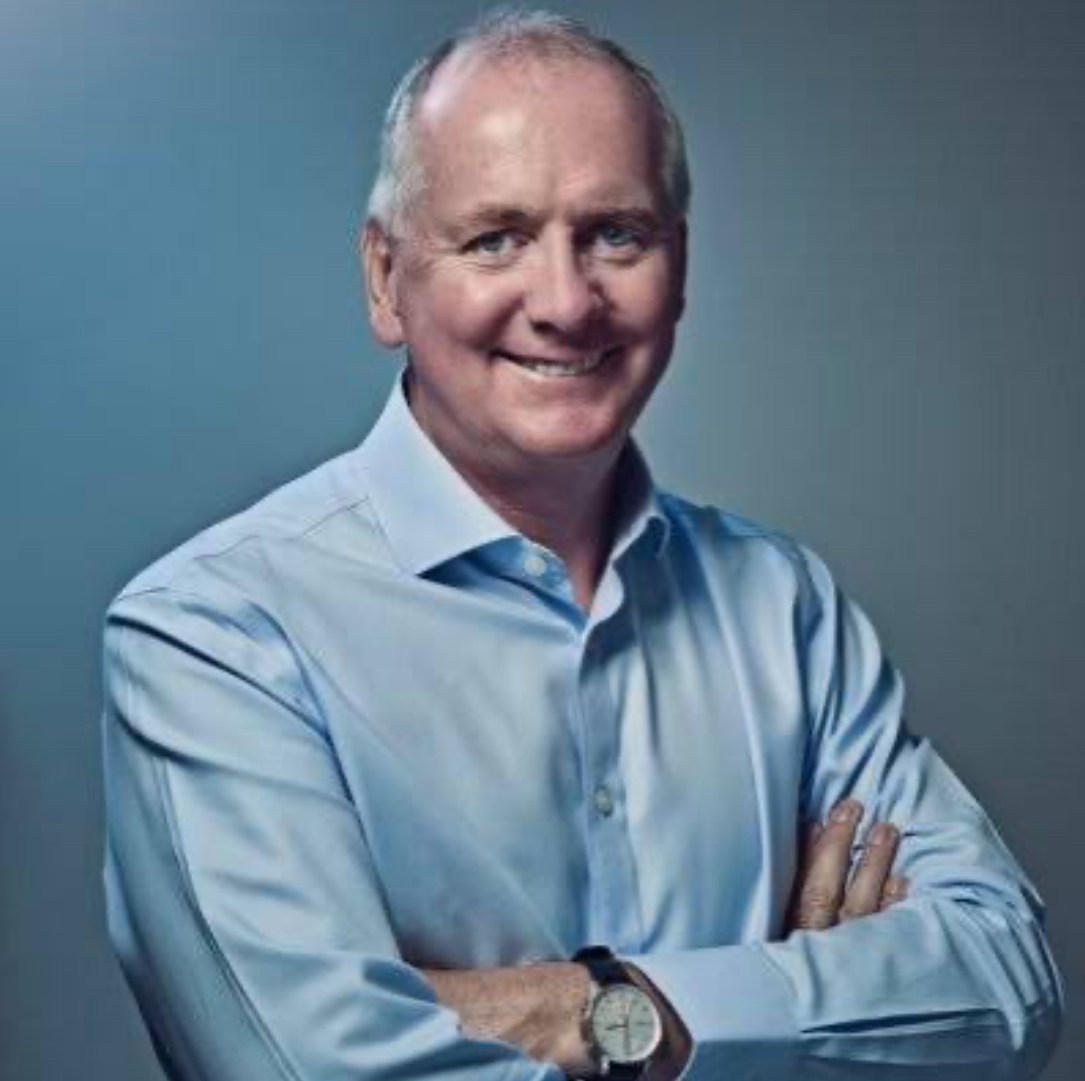W.Media Melbourne Convention 2024: AI, Automation & Future Operations
The return of the W.Media Convention to Melbourne in March 2024 occurs as data centers, cloud providers and enterprise companies can each look forward to opportunities driven by digital technologies.
Our Convention for Melbourne in 2024 will look at key aspects of realising these opportunities. How, for example, will the increasing deployment of generative AI shape Victorian organisations as well as the data centers and cloud providers they rely on? What will the growth in automation mean for the way digital infrastructure is designed, built and operated? And for the skills required? What will upcoming technologies mean for meeting key requirements - resilience, security, cost-efficiency and sustainability?
At the Convention for Melbourne in 2024, we will present thought-leading, industry-recognised speakers and panellists to look at these and other mission-critical issues. The convention will deliver insights, learning and opinions. Keynote presentations and panel discussions will be supplemented by exhibition halls, tech demonstrations and networking opportunities.

As the world continues to become increasingly data driven, so our opening feature interview focuses on how it is possible to develop a data system at the extreme edge to deliver in situations where performance, safety and efficiency depend on the immediacy and accuracy of the data collected and of the split second decisions made


From the extensive research and analyses that DC Byte have undertaken in relation to digital infrastructure in Victoria, this session will provide a snapshot of the key highlights.

The impact of generative AI on demand for data centers has seen considerable growth over a short space of time. As AI evolves further, how will Australian data centers support this continuing level of growth? How will it be possible to design and operate data centers to do so? What role will cloud (and ‘edge’) play?

Whether it is escalating workloads, meeting SLAs, cutting energy or releasing additional capacity, today’s data centre teams face multiple challenges. While these goals might seem to conflict, the reality is that performing strongly in one area consistently leads to wider improvements.
However, it is at the board level that disconnects can occur, with CEOs, COOs, CFOs and CSOs tasked with intra and inter-related KPIs that are not always aligned.
For example, energy optimisation can quickly impact data centre resilience if you do not know exactly what is happening in your white space.
Factor in the impact of high-density AI workloads and liquid cooling, and things get even more complex. That is why it is imperative for operations teams to have absolute, real-time white space visibility if they are to ensure resilience and optimise performance.
Robert will discuss how tracking changes in real-time gives you the control needed to manage high-density loads while simultaneously achieving best-in-class sustainability.


This second research snapshot will look at the impact so far of AI on data centers and describe a few of the key trends to watch for. It will touch also on where the new AI hotspots in the Asia Pacific will be.

AI is a hot topic to say the least –but AI is very broad topic. It has far-reaching economic, legal, political and regulatory implications. From shifting of jobs from humans to machines to machines taking over the world. But we are not going to talk about socio-economic or ethical implications of AI. We are not going to talk about how AI mimics the human brain, We are going to talk about the unsung heroes that are enabling AI – which is the data centre! Data centres to support AI and especially training AI will require major changes in the IT itself and the power, cooling and housing or racks.

As the rapid advancement of Generative Artificial Intelligence (AI) continues to reshape various industries, ethical considerations have become paramount in ensuring the responsible deployment of these technologies. This talk explores the intersection of Generative AI and the imperatives of data privacy, security, explainability, and transparency. The proliferation of AI-driven systems necessitates a comprehensive understanding and incorporation of ethical principles to safeguard individual rights and societal well-being.
In a concise exploration, Shashank envisions a responsible future in AI, where ethics and technology seamlessly converge.

As data centers continue to play a core role in a world that is becoming increasingly digital, so the description of the data center as ‘mission critical’ takes on added weight. The dependence of most sectors of the economy, of individuals and of Government and public service institutions on data centers and the ecosystem they enable adds to the impacts of service disruption in terms of cost, reputation, remedial strategies among other consequences. In this context, what role does innovation play across the life of the data center and how are innovation and ‘forward thinking’ delivered?




As data centers become increasingly important across all aspects of life, so the amount of energy required to fuel the growing dependence on data centers increases also. As data center energy consumption and efficiency are more widely scrutinised so innovation and commitment to energy conservation is key. Is the industry doing as well as it can given its greater demand profile? What are the areas of possible sustainability benefit that can be considered in the future? How can these be delivered?





A number of mega-trends including the evolution and adoption of digital technologies will have a massive impact on the data centre industry in Australia. What will be the impact of these trends on the skills landscape? How can data center and cloud providers, and enterprise organisations optimise their skills acquisition and retention strategies in order to ensure they have the skills necessary to cope with upcoming demand trends and an evolving skills landscape?

This keynote will provide the audience with an introduction to the principles of quantum computing and demystify it also. It will look at how the technology and its deployment are evolving in Australia and what it might possibly mean for the whole field of information technology and for data centers in the future.

Digital technologies are already having a major impact on participation in sports and fitness regimes. It is over 40 years since the first fitness trackers were launched and since then the process of collecting and using data to enhance the involvement in sport among both participants and spectators and at professional and lifestyle levels has continued to evolve. What new innovations in sports technology can we look forward to? How will these impact sports management and participation, and the definition of performance? Which sports are leaders in the development and execution of these technologies?
This panel forum will present a debate between experts and will close with opportunity for questions and contributions from the audience.




Please bring the registration confirmation email with QR code sent to your email to the registration area in order to get a badge printed to enter the event.
Upon successful completion of registration through the W.Media website, your QR code will be sent to your email address.
Cloud and Datacenter professionals and media partners are welcome to attend. All attendees must register on the W.Media event page.